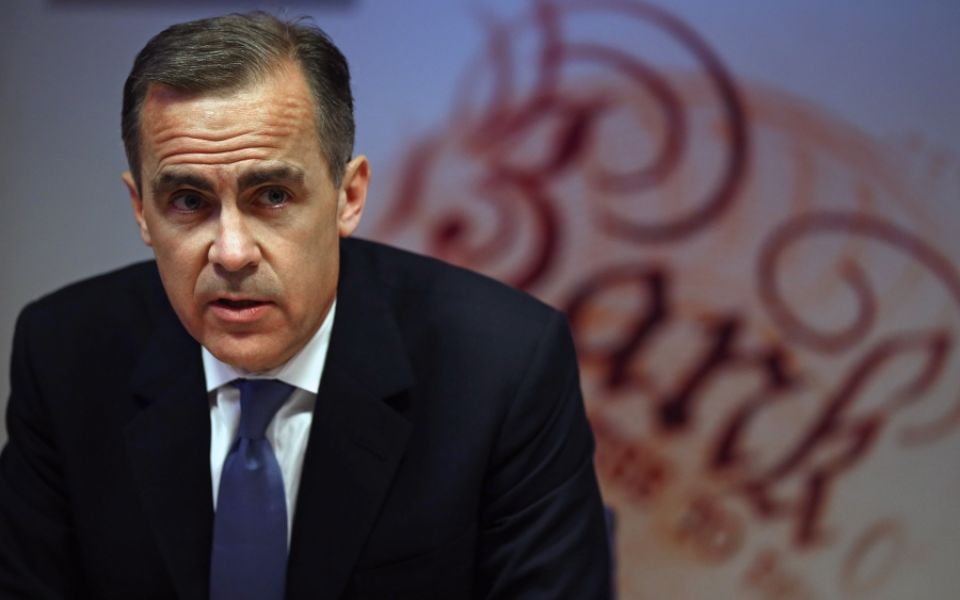Carney says Brexit planning takes up 50 per cent of his time

Bank of England (BoE) governor Mark Carney said that Brexit takes up “50 per cent of my time now” according to an interview published today.
Carney made clear that while Brexit planning means now less time for other things, the Bank has a responsibility to “manage through the downside if there is a disorderly outcome”, in an interview with Bloomberg.
As well as spending time on contingency planning Carney also said it was an opportunity for the Bank in helping to frame the UK’s post-Brexit arrangements.
The governor also defended economic predictions before the Brexit vote which were seen by some pro-Brexit politicians as excessively gloomy. In particular Carney’s comment in May 2016 that the risks of a vote to leave the EU “could possibly include a technical recession”. Technical recession is defined as two consecutive quarters of negative economic growth.
Read more: BoE's Carney: A smooth Brexit could lead to tighter monetary policy
The Bank were proved right on predicting a collapse in the pound in what Carney described as the “easiest call one could make, probably the easiest call I’ve seen in macro in 25 years”. The pound lost around 15 per cent of its value versus the US dollar in the six months following after the Brexit vote.
He also said that the Bank’s expectations for a rise in inflation and a slowdown in economic growth were borne out. Inflation accelerated to 1.6 per cent by the end of 2016 versus an average of just 0.4 per cent through the first half of the year, although the slowdown in economic growth took much longer to become evident.
GDP growth accelerated in the two quarters immediately following the June 2016 vote according to data from the Office of National Statistics. Only in 2017 did the GDP data begin to show material signs of slowdown.
Carney did not make any comments on the outlook for the BoE’s main interest rate ahead of Thursday’s policy meeting where the majority of economist expect a 25 basis point rate hike. He did, however, talk generally about the neutral, or equilibrium, rate of interest. This is the rate where policy is neither expansionary nor contractionary. Talking in a global context Carney said that “it’s more likely than not that the equilibrium level of policy has begun to rise”.
The BoE will for the first time publish its estimate of the UK’s inflation-adjusted, neutral interest rate in Thursday’s Inflation Report. This estimate is not guidance on the future path of interest rates, but instead a gauge of how accommodative (or contractionary) monetary policy is.
Read more: Carney reaffirms Brexit not the biggest risk to UK's financial stability